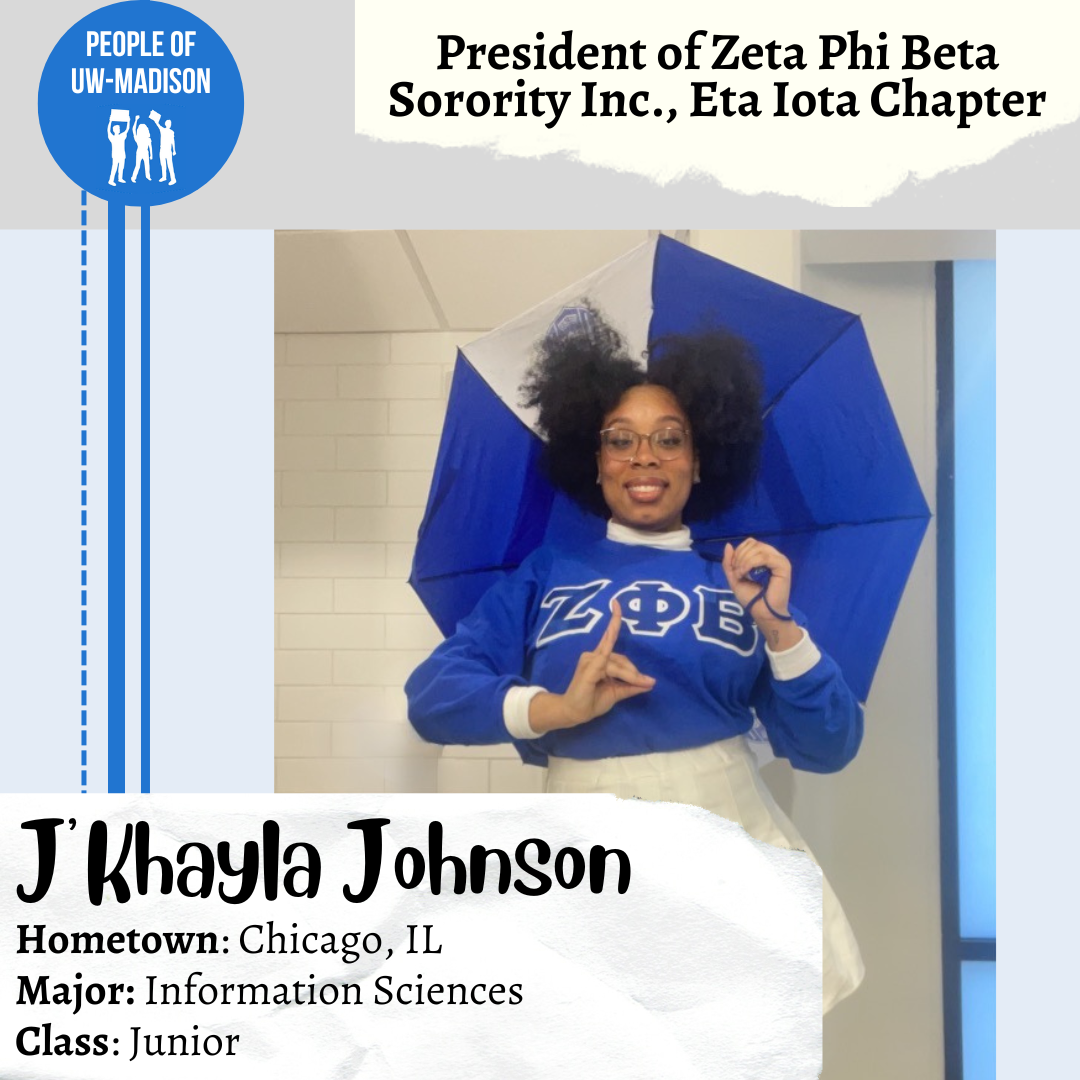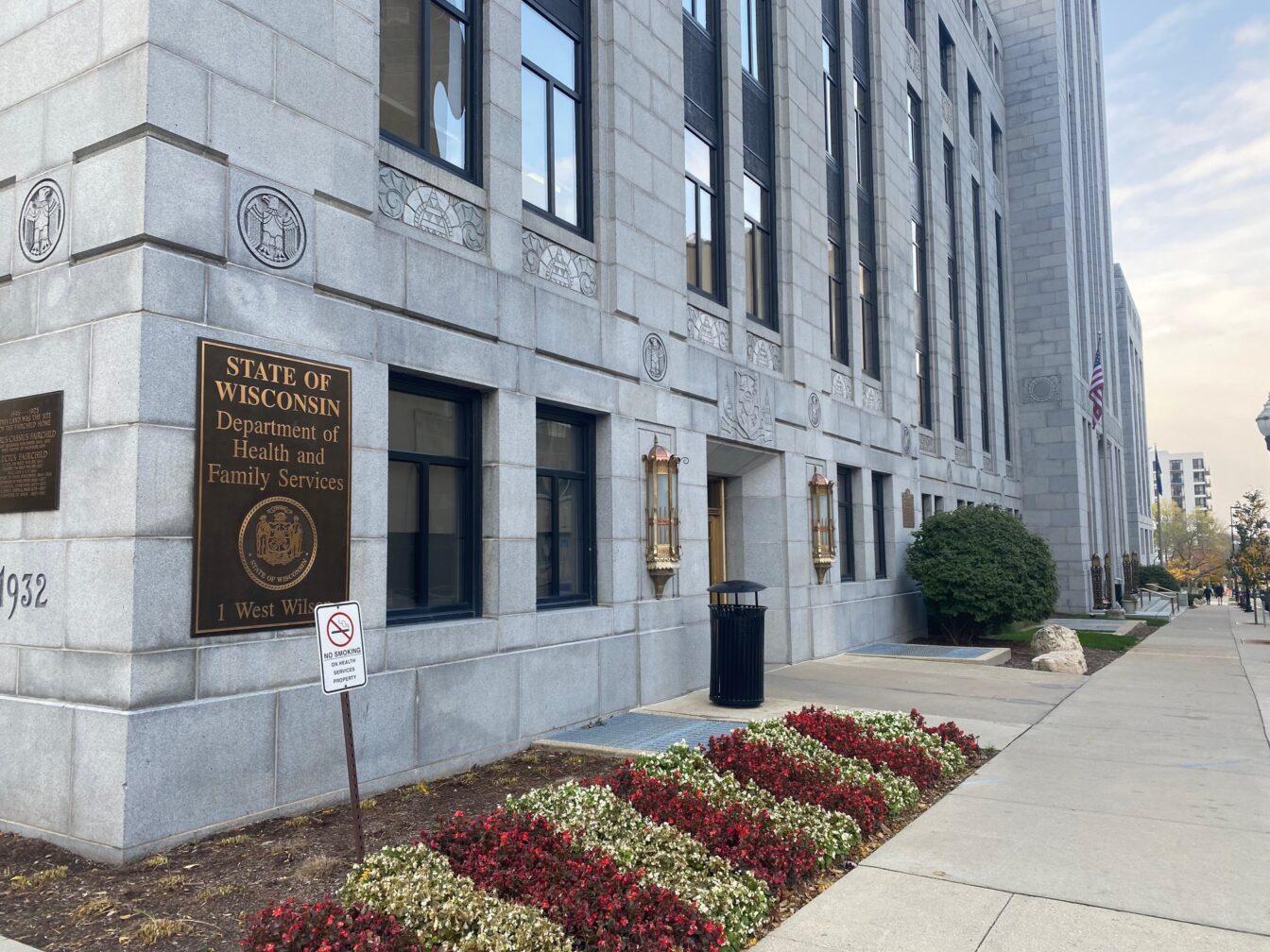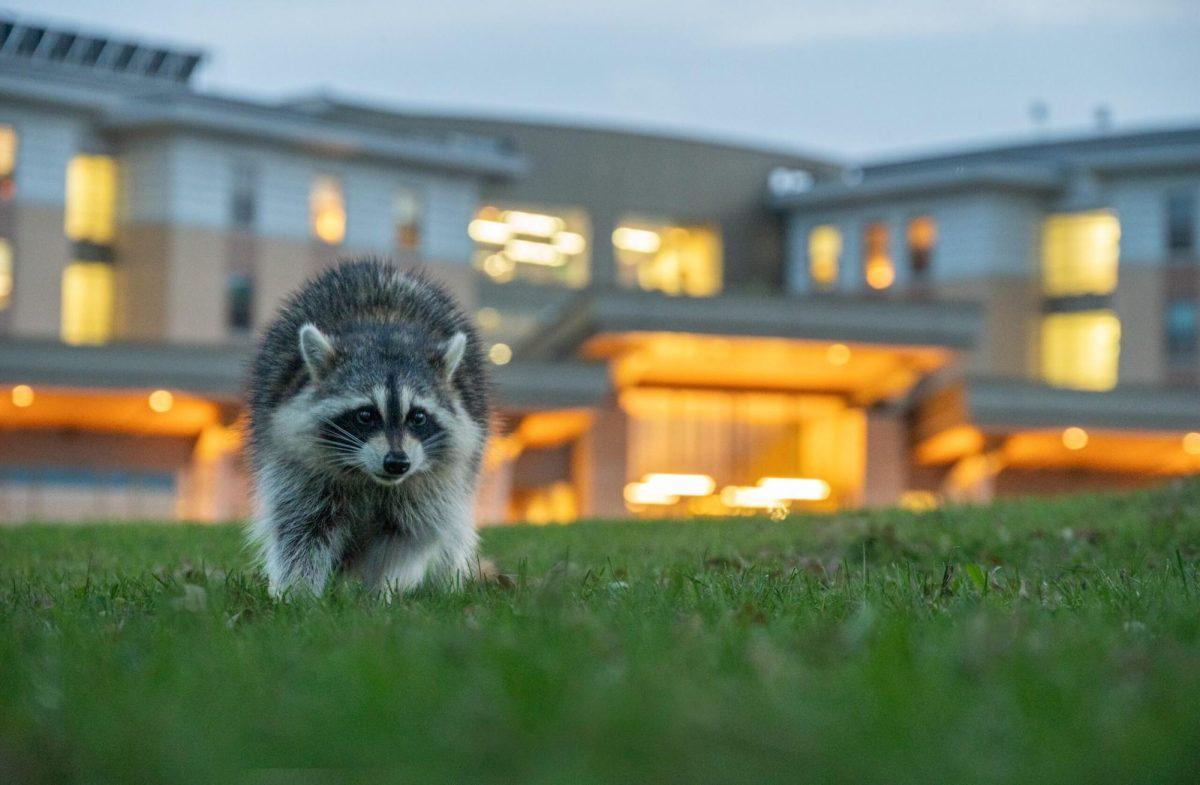When University of Wisconsin psychology professor Patti Coffey was a Madison undergraduate in the early ’80s, students did not walk to class with iPods and there was no ‘jumping around’ between the third and fourth quarters of home football games. In an interview with The Badger Herald, Coffey details what else has changed at UW and what seems to be part of the undying culture that defines the campus.
Badger Herald: What attracted you to choose UW? What do you think attracts students today to Madison when choosing a school?
Patti Coffey: Today, I think there’s a lot more thought about where you should go; what’s a good fit for you. My parents said that Madison was the best school in Wisconsin. I loved how big Madison was. I just loved all of the people and all of the things to do.
BH: What was your favorite social event to go to? Football games? Mifflin?
PC: I never went to a football game. I was someone who thought it was a good time when the library would be quiet. I loved the Union. Halloween was something I would typically kind of avoid; it was pretty crazy, and also pretty unstructured. It was always pretty crazy. But back then, there was not the same level of police involvement. Mifflin Street was a different environment. There was music, like reggae music. And if you think about the ’80s, there was heavier marijuana use. People weren’t so drunk, and people wouldn’t think, “Oh, I want to burn a car.” It didn’t have that kind of energy.
BH: What kind of energy did the social events have?
PC: I think they were probably more peaceful. I don’t think people getting real drunk is ever a good thing. Not that they weren’t doing that, but it would have been legal. The drinking age was 18 and marijuana was de-regulated, basically, in Madison, not enforced. I’d get my coffee in the morning at the Union, and it was full of marijuana smoke. You’d be like, “Please, it’s 8 o’clock in the morning!” It was a completely different environment. Because of the legal drinking age, we would go to the bars; people go to more house parties now, I guess.
BH: What was the hardest class you took?
PC: I didn’t take calculus or chemistry. I had to take just some kind of advanced algebra. The course I did the worst in was geography; I remember getting a C in it. But I can’t remember intro classes having that reputation. I can’t remember a class that was super hard.
BH: Did UW have the reputation as being one of the most competitive public universities in the nation?
PC: I just don’t remember thinking about it in that way, like I was trying to go to the hardest school. First of all, Madison was a lot easier to get into [than it is now]. I met my husband here at Madison. He went to Madison West High School and if you were a Madison student, and you were in the top 50 percent of your high school class, you were automatically accepted to UW-Madison. That wasn’t the message we were getting in high school. The message I was getting was, “You need to go get a good education.” There was not that high school pressure then, with grades and getting in.
BH: What is the biggest difference you’ve noticed in the student body and who UW admits?
PC: There were far more special students, and non-degree seeking students. But it was cheaper then. I put myself through college, I waited on tables. You could never do that now. There was less of a degree focus, and less of a rush out. If I was in a class, there were a lot of older people, more of a mixture of people. Now, it’s very hard to get into Madison as a special student. I couldn’t just sign up and take a class, I feel like that’s gotten so much more restricted. So we have sort of a homogenous age group, and this shifts sort of the focus of the education, it’s more of means to end. I think it’s cost-related, resource-related.
BH: Is there anything that UW does better now?
PC: We were pre-computer. We had no technology. Imagine sitting in a huge lecture, taking notes on your yellow notepad and then looking at the notes after class and trying to figure out the outline. Big classes were horribly boring sometimes.
BH: Is there anything that UW doesn’t do as well now?
PC: My biggest criticism would be the pressure we put on high school students. And the means to an end view of education, which I think is unfortunate. Rather than going to school to get an education, you go to school to get a job, rather than just getting educated. [When I went for my undergrad] the first years were about getting educated, and being exposed to things. That was a different time. And some of that is just because it’s so expensive now. There were a lot less people financially stressed, and a lot less people financially focused.
BH: Have you noticed any change in the attitudes or demeanors of students?
PC: I’m very encouraged because I think students are much more aware, and more exposed to more information. They might be more educated when they get here, and more tolerant. Students aren’t as shell shocked, which is good. But there is more pressure and stress, and I think that’s unfortunate.
BH: Would you say that you have noticed huge changes overall on UW’s campus?
PC: Madison still has a very nice atmosphere. I don’t see it as more negative or more positive; it’s still a very special campus. And that Badger pride has stayed the same.
















